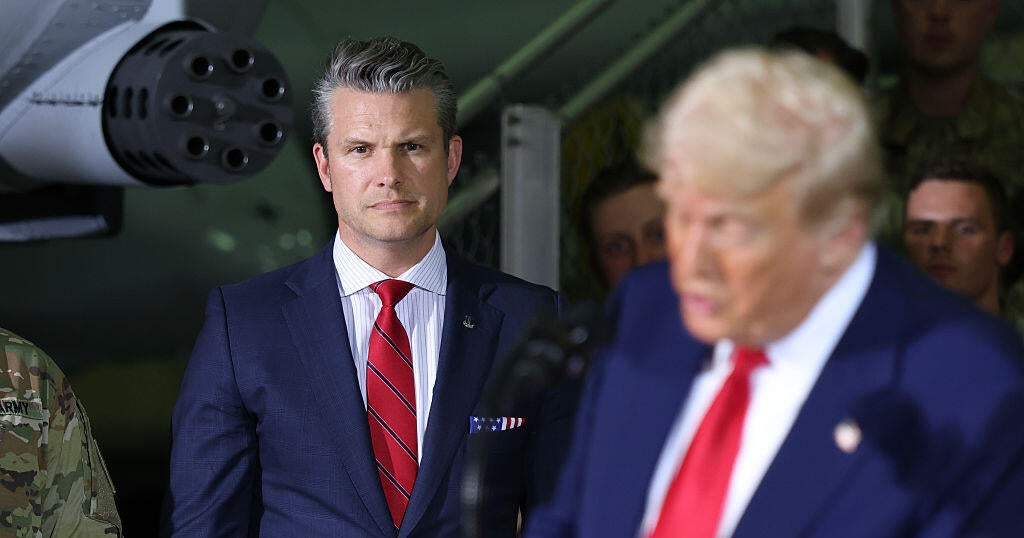In a recent announcement by Defense Secretary Pete Hegseth, a pivotal program endorsed by President Trump in 2017, known as the Women, Peace and Security (WPS) initiative, is set to be discontinued. The statement was made on X (formerly Twitter), where Hegseth critiqued the WPS program, labeling it as a policy burdened with divisive, ‘woke’ ideologies that he claims have been distorted under the Biden administration. This initiative, originally designed to promote the involvement of women in peacebuilding efforts globally, has been pulled back to meet only the minimal legal requirements, with Hegseth strongly advocating for its complete elimination in the upcoming congressional budget session.
The termination of the WPS program represents a significant policy shift, aligned with Hegseth’s broader efforts to remove Diversity, Equity, and Inclusion (DEI) initiatives from the Pentagon. His post on X underscored this intent, suggesting these initiatives detract from the military’s core mission priorities, including readiness and lethality, which he pledged to uphold during his Senate confirmation hearings.
This initiative had received bipartisan support when it was initiated, with notable endorsements from Trump-era officials such as Secretary of State Marco Rubio, Homeland Security Secretary Kristi Noem, and National Security Adviser Mike Waltz, who advocated for the bill while in Congress. Even Ivanka Trump, the former president’s daughter and then-adviser, was a fervent supporter, emphasizing the role of women in fostering global peace and security during her tenure in the White House.
Despite the current administration’s move away from the WPS program, its inception was met with considerable support and was considered groundbreaking. Marco Rubio, in a speech at the State Department earlier in the month, highlighted its historic significance as the first legislation of its kind globally to focus not only on protecting women but also on enhancing their roles in societal participation.
The strategic goals of the WPS program, as articulated during Trump’s presidency, sought to escalate the involvement of women in decision-making processes and secure the protection of human rights for women and girls worldwide. This holistic approach aimed not merely at participation but at ensuring influential roles for women in peace negotiations and conflict resolutions. Proponents of the program have underscored the effectiveness of including women in such processes, with Democratic Senator Jeanne Shaheen pointing out that peace agreements forged with women at the negotiation table prove to be more durable – lasting 35% longer than those without female involvement. Indeed, Senator Shaheen has criticized Hegseth’s decision as short-sighted, indicating a fundamental misunderstanding of the program’s benefits.
Aside from legislative endeavors, experts from think tanks like the Center for Strategic and International Studies have argued that the WPS program does not simply pertain to DEI policies but is crucial for strengthening U.S. defense strategies without imposing quotas or specific organizational compositions.
As discussions unfold and critiques intensify, it becomes evident that Hegseth’s initiative to dismantle the WPS program is seen not merely as a policy reevaluation but as a contentious move that reflects broader debates over the role of gender and inclusion policies in the strategic and operational frameworks of national defense. Meanwhile, the narrative continues to develop, with stakeholders from various sectors of government and civil society weighing in on what these changes might mean for the U.S.’s stance on global gender issues and its internal approach toward equity within the defense sector.
The development has sparked conversations about the implications of such policy shifts, highlighting the ideological divides and the potential impacts on the U.S. military’s international engagements and its internal community. As the Pentagon faces these sweeping changes, the debate over the place and value of such initiatives within national defense and security strategies is likely to intensify, shaping future policies in unforeseen ways.









